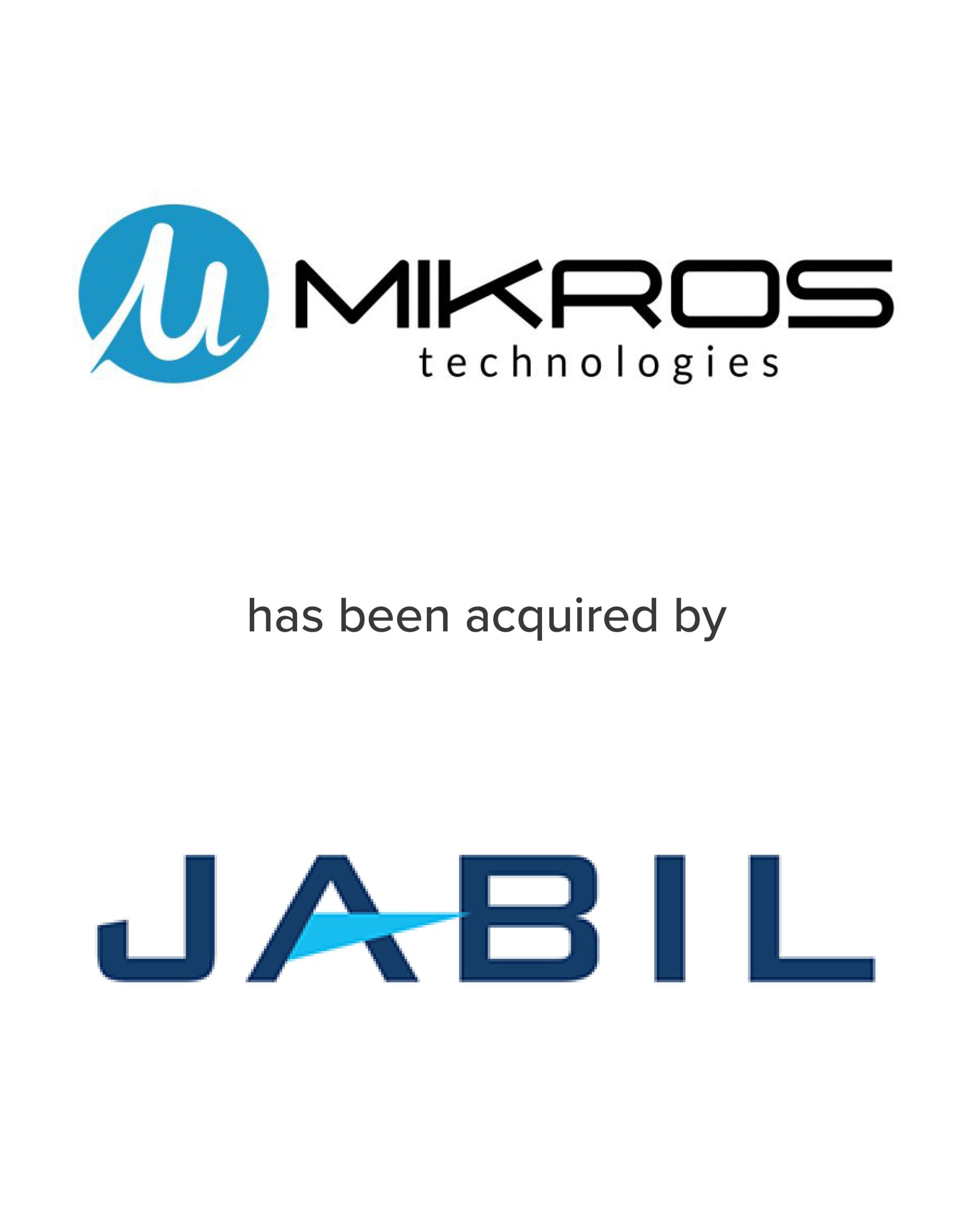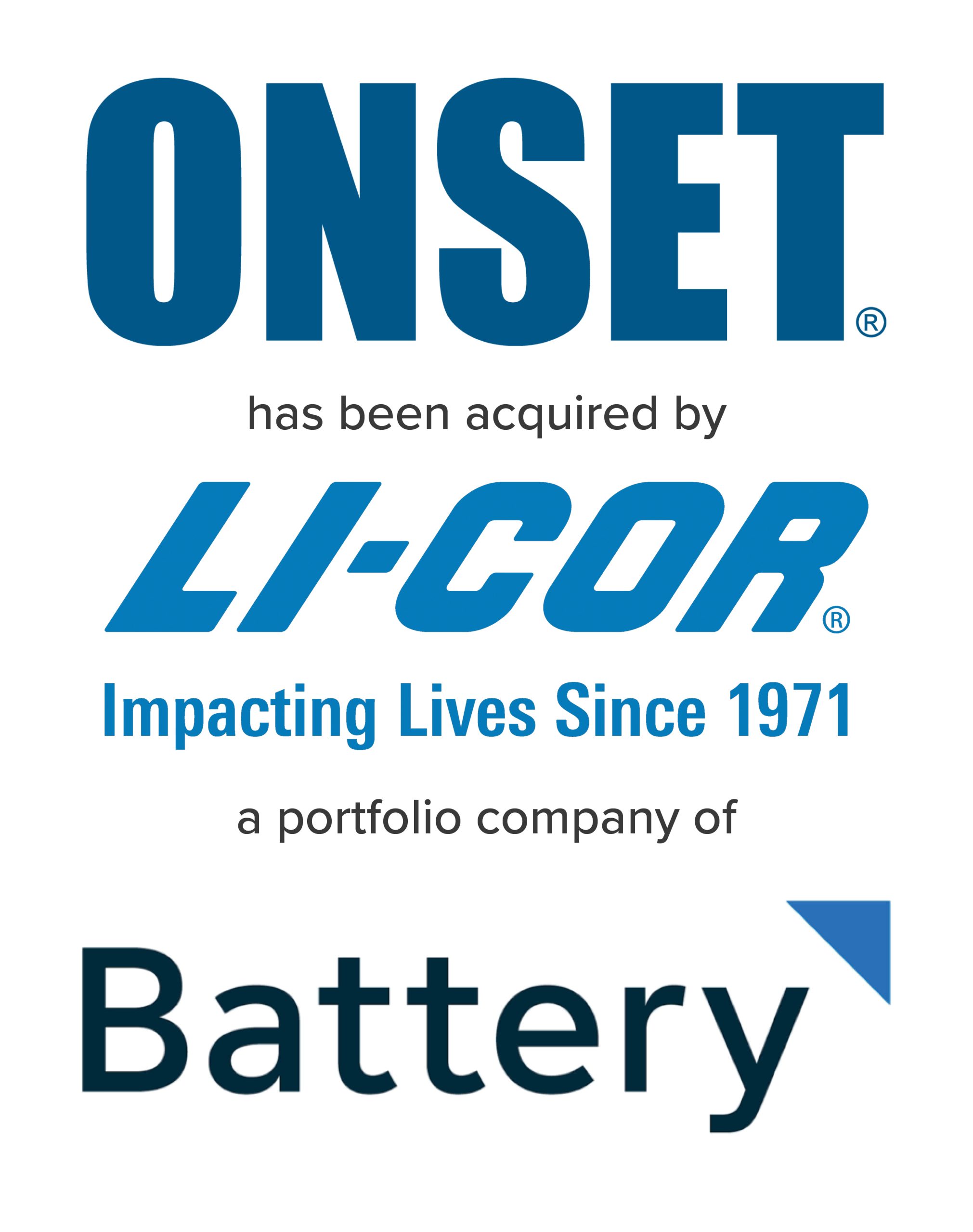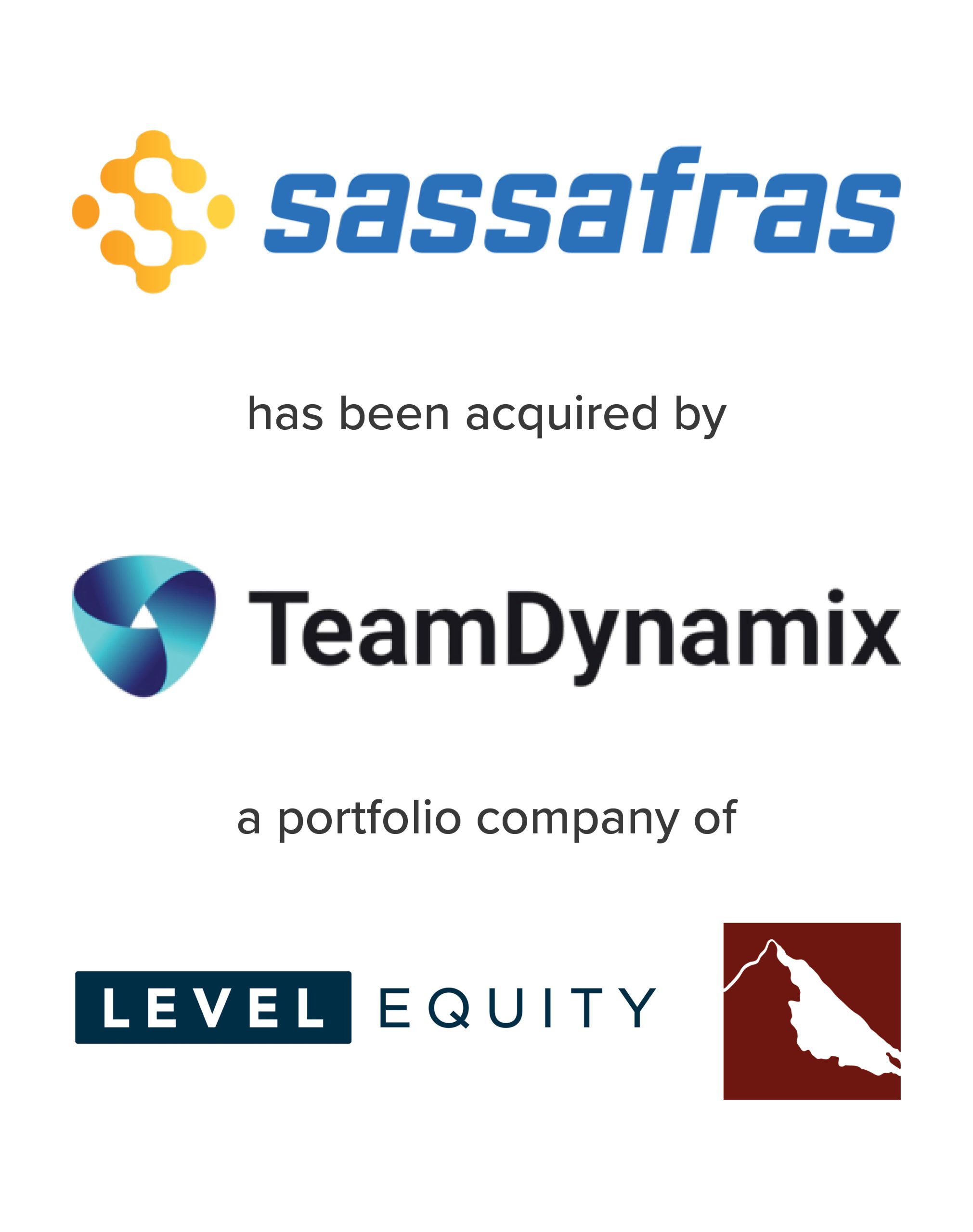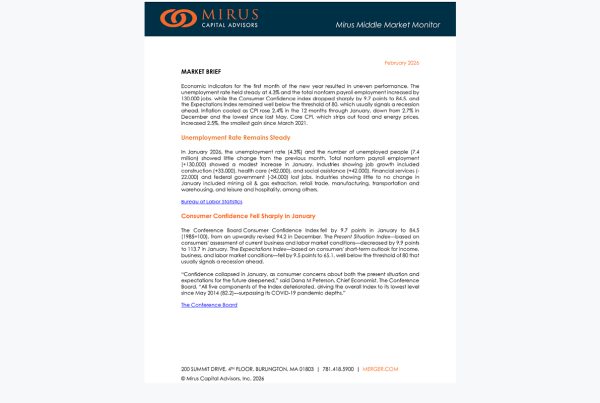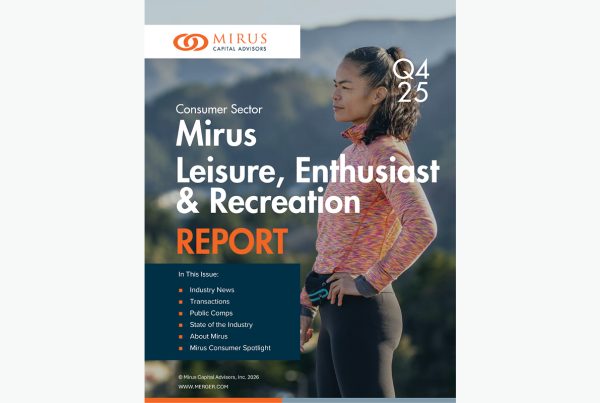Sell-Side Advisory
Timing, positioning, and buyer selection are critical decisions that determine your ultimate outcome. You need to know you’re capturing maximum value and partnering with buyers who understand your vision and priorities.
These decisions are significant. Our experienced team has guided hundreds of business owners through this exact transition — transforming uncertainty into confidence and complexity into exceptional outcomes.
We don’t merely find a buyer — we create competitive markets that expand your options. Our rigorous sell-side advisory processes drive maximum valuations while delivering what matters most to you. Whether securing financial independence, ensuring employee continuity, or finding partners who respect your company’s culture, we create valuable options to achieve all your objectives.
Our proven track record of 450+ completed transactions and middle-market transaction excellence demonstrate our ability to capture the true value of what you’ve built.
Industry-Focused Expertise
Let’s Start a Conversation
Get in touch. Discover how our team can increase value and drive success for your business.
